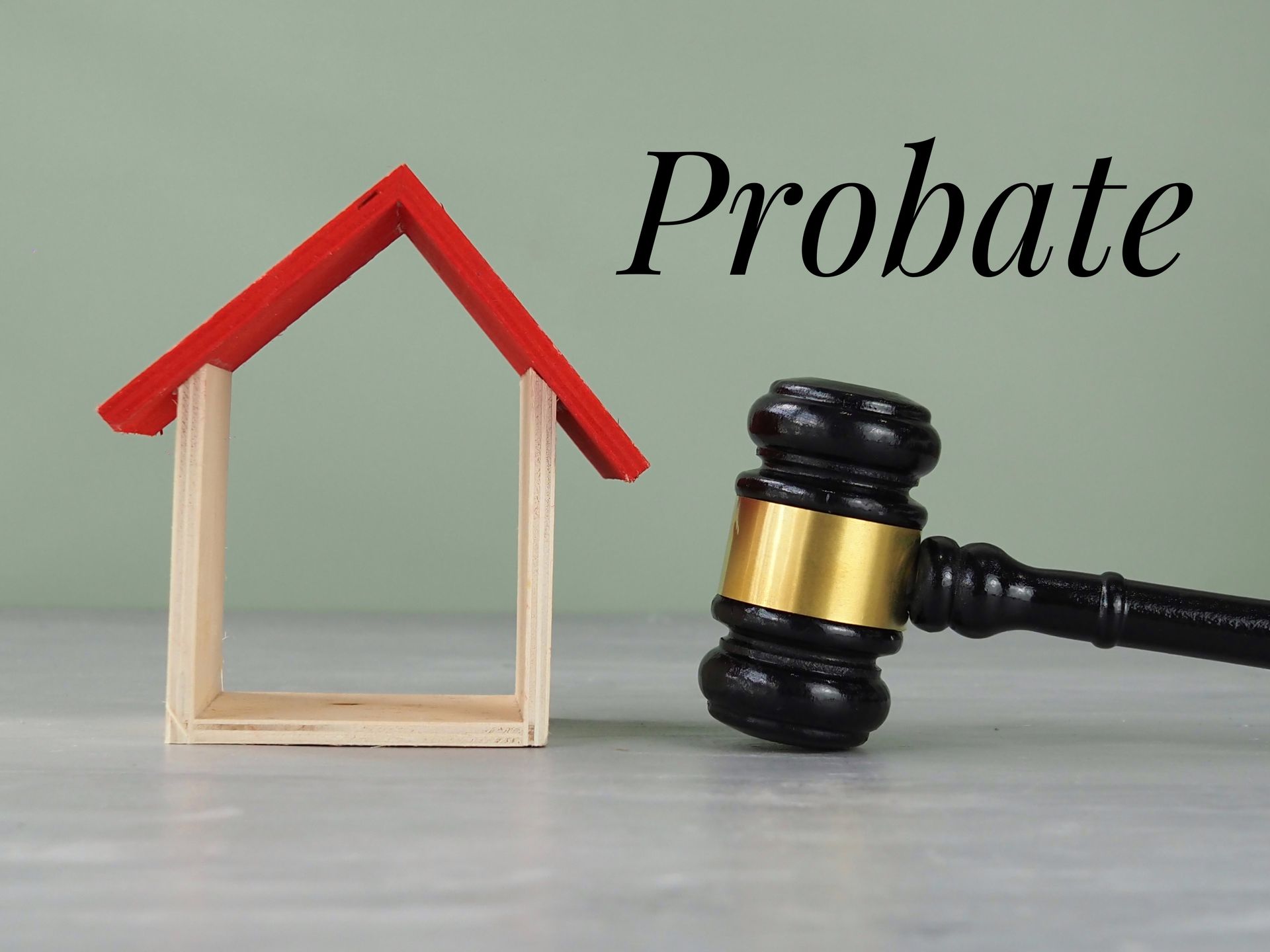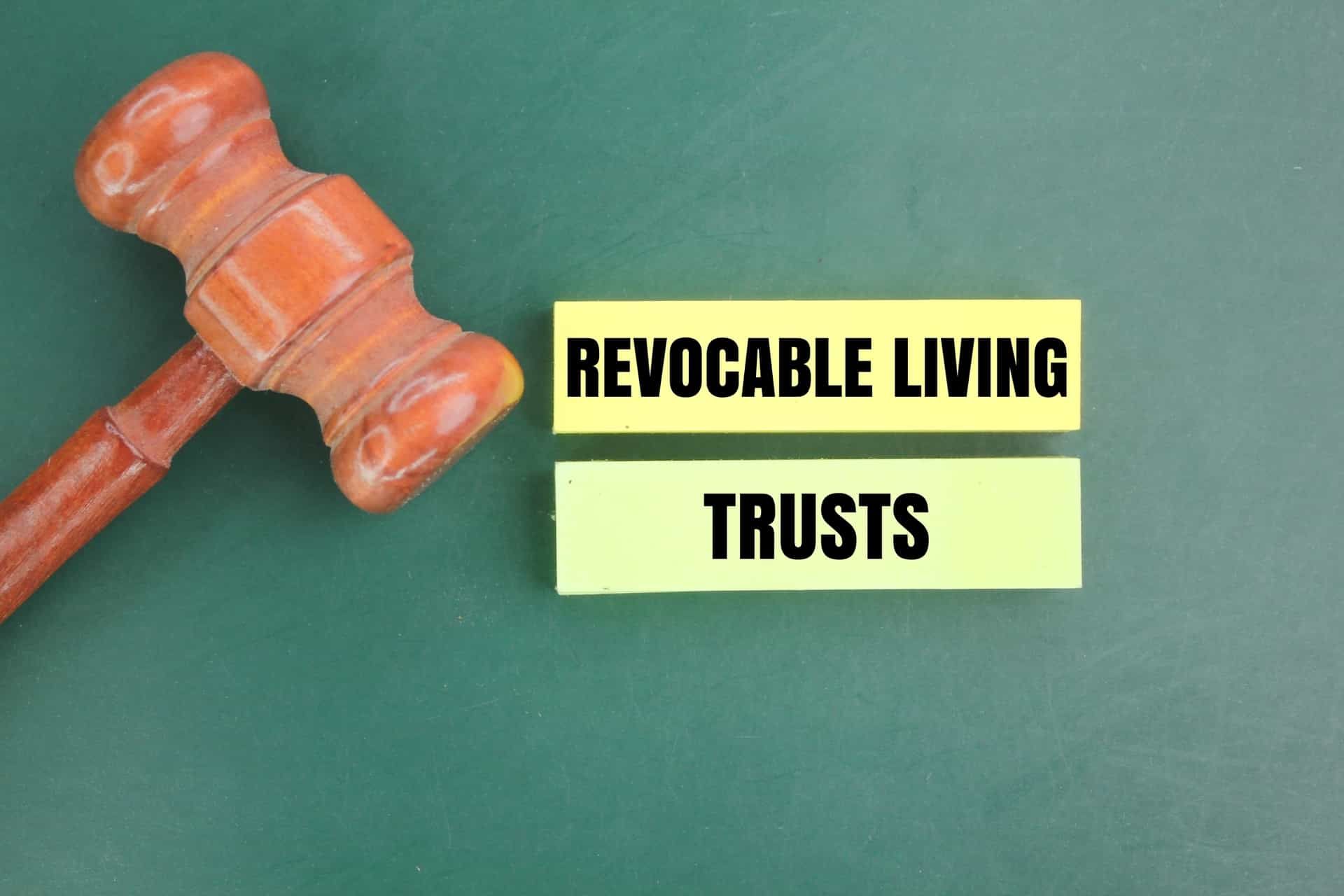Can Medicaid Gifting Rules Affect Your Eligibility?
You may not think you need it now, but you might have to apply for Medicaid someday. Like most things in life, the application process is anything but straightforward, especially if you’ve given away any of your personal assets.
How can an act of kindness affect your Medicaid eligibility? It all comes down to Medicaid gifting rules and the fact that they are federally mandated.
In today’s article, we’re going to take a closer look at Medicaid’s gifting rules and what you need to know if you ever decide to apply for aid.
Understandably, applying for Medicaid can feel overwhelming. With all of the different rules in place and guidelines to follow, the guidance and direction of a trusted attorney can assist you in getting the medical coverage you need. As such, we encourage you to reach out to the law office of Doane & Doane.
Randell C. Doane and Rebecca G. Doane work hard to resolve your legal and financial needs and will provide you with assistance regarding Medicaid gifting rules. You can contact Doane & Doane Attorneys at Law directly at 561-656-0200 or via email at info@doanelaw.com .
What Are Medicaid Gifting Rules?
Medicaid gifting rules state that if you transferred certain assets within five years prior to applying for Medicaid, you will face a transfer penalty and become ineligible for approval. In fact, even small transfers of your assets can affect your approval.
Every transfer you make, even if it is completely innocent, is subject to strict scrutiny. This is because Medicaid doesn’t have exceptions for charitable donations or gifts. Therefore, donations to charities may affect your eligibility for Medicaid in the future. In the same way, transfer penalties may apply to gifts you gifted for birthdays, holidays, weddings, and graduation ceremonies. What’s more, buying things for friends or relatives can also result in transfer penalties.
How Much Can I Legally Gift?
Federal law allows you to donate up to $15,000 per year (as of 2021) without paying gift taxes. However, Medicaid will still treat your donation as a transfer. Moreover, if you spend a large amount of money all at once or over time, the state government may require documents detailing how this money was spent. And you are unable to present evidence that you have obtained fair market value for the transfer of assets, you may face transfer penalties.
Are Any Transfers Exempt From Penalty?
Although most transfers are subject to penalties, there are certain transfers are exempt from this penalty. For example, after entering into a nursing home, you can transfer your assets to the following people without waiting for Medicaid to lock in your eligibility:
1. A trust given to your permanently disabled or blind child solely for their benefit
2. A trust given to anyone permanently disabled under 65 solely for their benefit
3. Your spouse
There are also special circumstances that apply to home transfers. If you are the Medicaid applicant, you can transfer your home to the above-mentioned individuals. Medicaid applicants can also transfer their homes to the following without fear of receiving a transfer penalty:
1. Caretaker child. This person is the applicant’s child who lived in the house for a minimum of two years prior to your institutionalization. Furthermore, the child needs to have provided care to help you avoid entering into a nursing home
2. One of your siblings who already has equity interest in the home and lived there the year preceding the your institutionalization
3. A disabled or blind child (your home doesn’t need to be in a trust)
4. Any child under 21
Therefore, before you give away any of your assets for any reason, you should contact a qualified attorney. At Doane & Doane, we can advise you on such matters to ensure that you don’t inadvertently disqualify yourself from Medicaid approval. If you’re uncertain as to whether gifting assets to someone will trigger a penalty, it’s best to secure the services of Doane & Doane.
Let’s look at some additional information regarding Medicaid gifting rules so that you have a clearer understanding of how they work and why they are important.
What Information Does Medicaid Need?
Applicants for Medicaid must disclose all financial transactions that they have participated in over a certain period of time. This is traditionally called the “Look-back period.” The state Medicaid agency will then determine if the Medicaid applicant transferred any of their personal assets below the fair market value during this period.
The amount of time in a look-back period is 60 months. This time period applies to all transfers. California is the only state that differs in this regard, as its look-back period is just 30 months. Since Medicaid is administered by the state, the transfer rules in your state may differ from national standards. To give just one main example, New York State has no transfer regulations for recipients of home care (sometimes referred to as community care).
When Does the Transfer Penalty Period Begin?
There are a handful of factors that influence the penalty period for retroactive transfers. As such, the period won’t begin until:
1. The transferor moves to a nursing home
2. The transferor reaches the minimal asset limit for Medicaid eligibility
3. The transferor applies for Medicaid insurance
4. The transferor is approved for coverage but not the transfer
Essentially, the penalty period doesn’t start until you are a nursing home resident and you’re out of funds. If you are unsure about any of Medicaid’s rules regarding gifting and eligibility, it’s important to contact an experienced attorney to assist you.
Contact Doane & Doane Today for Assistance
Doane & Doane was founded in 2003 and has served Southeast Florida’s residents and businesses through qualified legal and financial counsel. In fact, Doane & Doane is one of the area’s most trusted and respected tax and estate planning firms . If you need assistance with your asset spending to ensure that you don’t affect your Medicaid eligibility, we encourage you to contact us at 561-656-0200 . Alternatively, you can always fill out our online contact form, and we will get back in touch with you.
The information in this blog post is provided for informational purposes only and is not intended to be legal advice. You should not make a decision whether or not to contact an attorney based upon the information in this blog post. No attorney-client relationship is formed nor should any such relationship be implied. If you require legal advice, please consult with an attorney licensed to practice in your jurisdiction.
The post Can Medicaid Gifting Rules Affect Your Eligibility? appeared first on Doane and Doane, P.A. .
Disclaimer: The information on this website and blog is for general informational purposes only and is not professional advice. We make no guarantees of accuracy or completeness. We disclaim all liability for errors, omissions, or reliance on this content. Always consult a qualified professional for specific guidance.
RECENT POSTS






